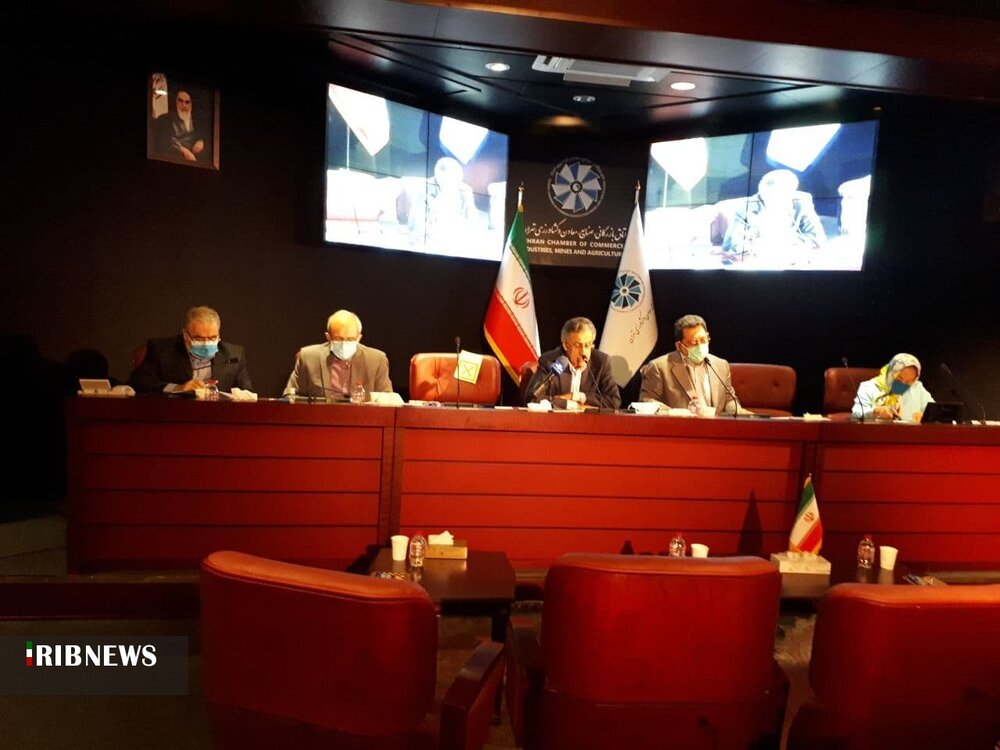‘Inflation, COVID-19 major challenges facing government’

TEHRAN - The 25th meeting of the Board of Representatives of the Tehran Chamber of Commerce, Industries, Mines and Agriculture (TCCIMA) was held on Tuesday in which the attendees addressed some of the major issues that the new government would be facing in the short term.
The meeting was attended by TCCIMA Head Masoud Khansari as well as the chamber’s board members, IRIB reported.
Speaking in the meeting, Khansari pointed to the Coronavirus pandemic and inflation as the two main challenges that the new government would be facing.
“The most important challenge facing the 13th government is the coronavirus and its economic impacts, which has also caused many casualties due to the negligence and improper management by the previous government,” he said.
The TCCIMA head noted that inflation is the second challenge facing the new government, adding: "Inflation is increasing every day, so that annual inflation reached 45.2 percent last month (ended on August 22), while at the end of the previous [Iranian calendar] year (March 20), this rate was 63.4 percent."
According to the official, inflation hinders economic stability and investment in the country, while making it impossible for investors to predict the future.
“The monetary base also grew by 9.2 percent last month, which is a worrying rate, so we hope that the government will do serious work for managing inflation to solve these problems as well,” Khansari said.
Stating that budget deficit is one of the main reasons for inflation in the country, he added that the treasury has announced that 1.9 quadrillion rials (about $45.2 billion) of budget allocation has not been realized in the first quarter of the current Iranian calendar year (March 21-June 22) and if this trend continues it will lead to increasing inflation in the country.
Elsewhere in his remarks, the official pointed to the allocations for the imports of medicine and basic goods, saying: “In the first four months of this year (March 21-July 22), $15 billion was allocated for imports (of basic goods), of which $6.4 billion was subsidized.”
He also expressed hope that sanctions would be removed from the country's economy as negotiations continue.
EF/MA
Photo: TCCIMA Head Masoud Khansari (C)

Leave a Comment